Eye Serum Explained: Do You Really Need It? Everything You Must Know
What Is Eye Serum—and Is It Different from Eye Cream?
Yes, they’re different. While both eye serums and eye creams target the delicate skin around your eyes, a serum is more lightweight and usually packed with concentrated active ingredients. Think of eye serum as your power-shot treatment—it absorbs quickly and penetrates deeper into the skin, making it ideal for targeting specific concerns like fine lines, puffiness, and dark circles.
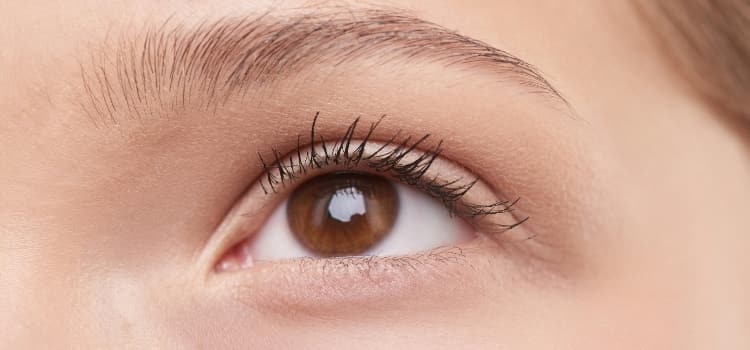
Eye creams, on the other hand, tend to be heavier and work more on hydration and sealing in moisture. You can use both, but if you're looking for serious results, you want to start with a serum.
Who Should Use an Eye Serum?
If you’re in your mid-20s or older, or if you’re experiencing:
- Fine lines and crow’s feet
- Dark circles under your eyes
- Puffy, tired-looking eyes
- Dullness and dehydration
Then yes—you’re a perfect candidate for an eye serum. Prevention is better than cure, and active formulas can make a visible difference within weeks.
What Ingredients Should I Look For in an Eye Serum?
Great question. Not all eye serums are created equal. Look for clinically backed ingredients proven to work on the most common eye-area concerns:
- Peptides: Stimulate collagen production and reduce wrinkles
- Hyaluronic Acid: Plumps and deeply hydrates
- Caffeine: Reduces puffiness and boosts circulation
- Niacinamide (Vitamin B3): Brightens dark circles and evens tone
- Vitamin C: Helps reduce pigmentation and boosts radiance
- Retinol: For serious anti-aging benefits (use with caution—it can be irritating)
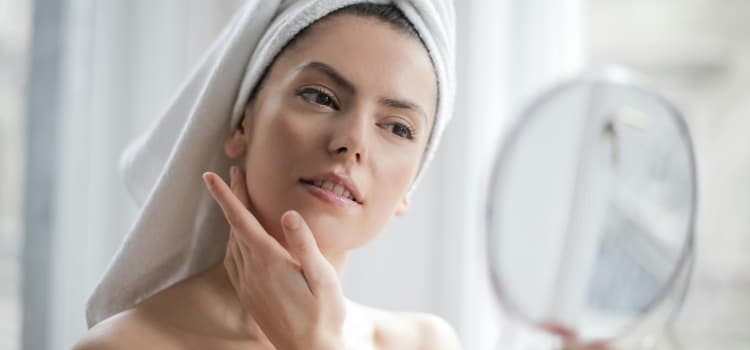
How Do I Apply Eye Serum the Right Way?
Less is more here. Here's how to do it right:
- Cleanse your face and pat dry.
- Dispense a small drop onto your ring finger—about half a grain of rice.
- Gently tap (don’t rub!) the product around your orbital bone, starting from the inner corners and moving outward.
- Wait 30–60 seconds before applying a moisturizer or eye cream if desired.
Pro tip: Store your eye serum in the fridge for a refreshing, de-puffing effect each morning.
Can I Use Eye Serum Every Day?
Absolutely. In fact, consistency is key. Most eye serums are safe to use twice daily—morning and night. If your formula contains retinol or other potent actives, start slowly (2–3 times a week) and work your way up to daily use to prevent irritation.
Does Eye Serum Really Work?
The short answer? Yes—when you choose the right one and use it correctly. Clinical studies and dermatologists agree that targeted serums around the eye can make a significant difference in reducing visible signs of aging, fatigue, and dehydration. But remember: it’s not magic overnight. Give it 4–6 weeks and track your progress.
What’s the Best Eye Serum for My Skin Type?
- Dry skin: Look for formulas rich in hyaluronic acid and ceramides.
- Oily or acne-prone: Opt for lightweight, non-comedogenic, fast-absorbing gels.
- Sensitive skin: Choose fragrance-free, alcohol-free formulas with calming ingredients like chamomile or panthenol.
- Mature skin: Focus on serums with peptides, retinol (gentle forms), and vitamin C.
Still not sure? Try a patch test or ask your skincare consultant for personalized advice.
Can I Skip Other Products If I Use an Eye Serum?
Not quite. Think of your skincare like a team—each product plays a role. Eye serums are superstars in their category, but they don’t replace moisturizers or sunscreens. You’ll get the best results when eye serums are part of a smart, daily routine.
❝ A good eye serum doesn’t just sit on the skin—it changes it. ❞
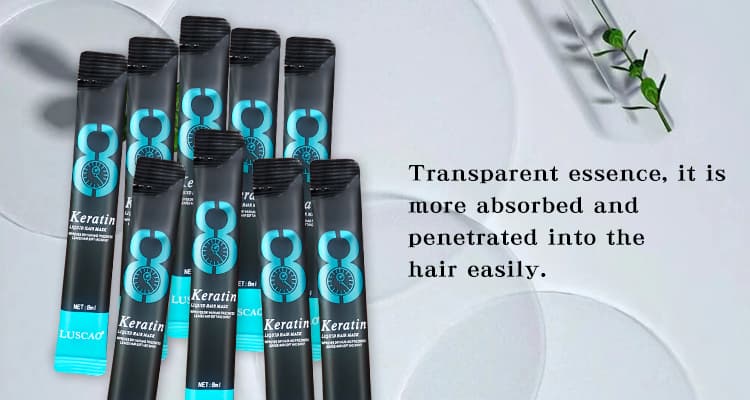 Keratin Liquid: Real Hair Fix. Nothing Fluffy.
Keratin Liquid: Real Hair Fix. Nothing Fluffy.
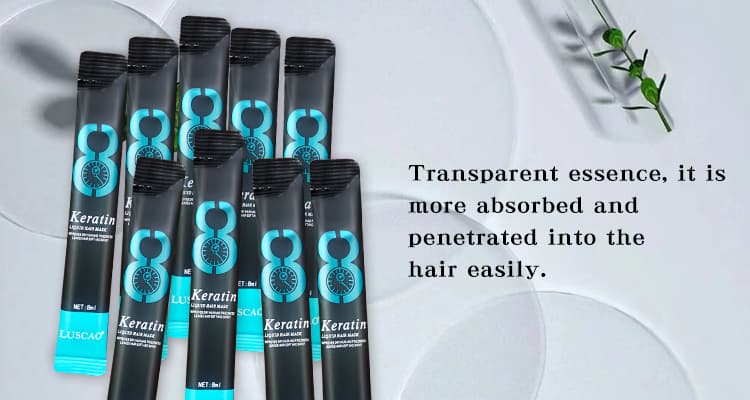 Keratin Liquid: The Secret to Smooth, Strong Hair
Keratin Liquid: The Secret to Smooth, Strong Hair
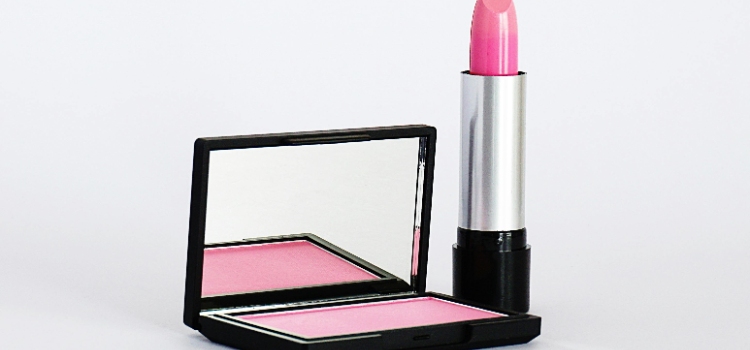 Would You Like to Know Why Most Lip Care Products Don’t Work?
Would You Like to Know Why Most Lip Care Products Don’t Work?
 What’s Really Inside Your Body Care Products? How to Choose Smarter in the U.S. Market
What’s Really Inside Your Body Care Products? How to Choose Smarter in the U.S. Market
